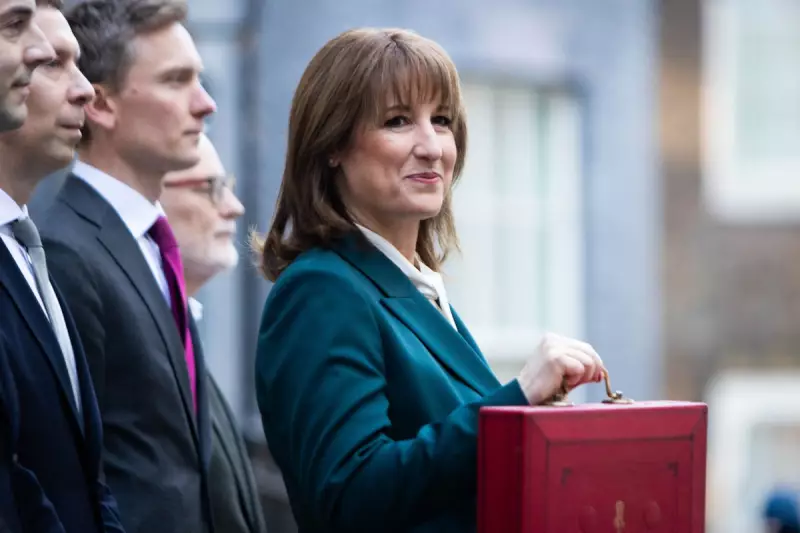
Chancellor Rachel Reeves has delivered a sobering Autumn Budget, unveiling a substantial package of tax increases totalling £26 billion as the government confronts a downgrade in the UK's forecast economic growth.
Key Tax and Spending Measures
The Budget, announced on Wednesday 26 November 2025, signals a significant shift in fiscal policy. In a move that will impact family finances, the controversial two-child benefit cap is being removed. This measure is projected to cost the Treasury an estimated £3 billion by the 2029/30 financial year.
Motorists received a mixed bag of news. The temporary 5p cut in fuel duty will be extended until September 2026, offering continued relief at the pumps. However, in a sign of changing times, battery electric car drivers will face a new 3p per mile tax from April 2028, ending their long-standing exemption from road taxation.
Long-Term Freezes and New Limits
In a decision with profound long-term implications for taxpayers, the freeze on income tax thresholds has been extended until the 2030-2031 tax year. This measure, a form of stealth tax, will affect millions of taxpayers in England, Wales, and Northern Ireland as inflation pushes salaries into higher tax brackets.
Savers will also feel the pinch. The Chancellor has announced a cut to the cash ISA limit, a popular tax-free savings vehicle for many Britons. Furthermore, a major change is coming to pension savings. The new limit for tax-free pension contributions through a salary sacrifice scheme will be set at £2,000, with any contributions above this threshold becoming subject to National Insurance contributions.
What This Means for You
This Budget represents a decisive turn towards fiscal consolidation. The combination of the extended income tax threshold freeze, the reduced cash ISA limit, and the new cap on pension contributions means that the tax burden on individuals is set to rise significantly over the coming years. The government's actions reflect the difficult trade-offs being made between funding social programmes like the removal of the two-child benefit cap and stabilising the public finances amid a weaker economic outlook.





